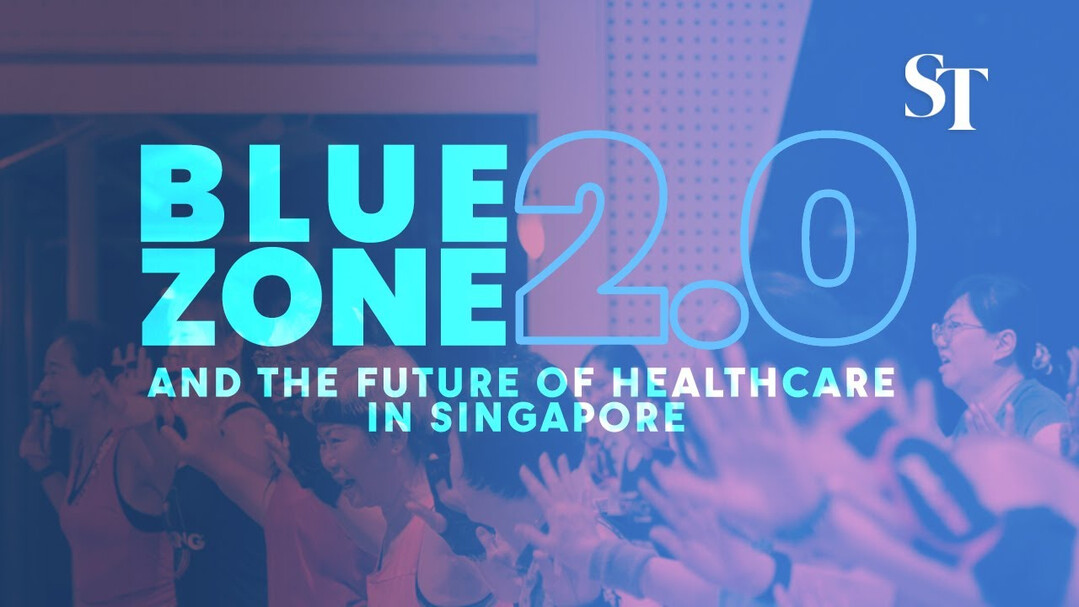
Singapore – The term ‘Blue Zones’ refers to regions where people live exceptionally long lives, naturally characterized by physical activity, healthy diets, low stress, and strong social connections. These traits are not typically what one associates with Singapore.
However, in 2023, National Geographic journalist Dan Buettner, who co-created the term ‘Blue Zones’ two decades ago, dubbed Singapore ‘Blue Zone 2.0’, adding it to the list for the first time in over a decade, alongside the original five: Okinawa (Japan), Ikaria (Greece), Loma Linda (USA), Sardinia (Italy), and Nicoya (Costa Rica).
Buettner described Singapore as an “engineered longevity hot spot,” a sentiment echoed with delight by Health Minister Ong Ye Kung. In an interview with The Straits Times, Minister Ong said, “It’s not that Singaporeans are all that healthy. (But Buettner) recognized that our policies nudge us to be healthier, and because of that nudge, over time it becomes part of our culture.”
Singapore boasts one of the world's longest-living populations, with over 1,500 centenarians. Since its independence in 1965, the average lifespan in Singapore has surged from 65 years to 83 years in 2023, an impressive increase of three years every decade. This figure is over 10 years longer than the global average of 72 years.
Dan Buettner's designation of Singapore as ‘Blue Zone 2.0’ is not solely based on its high average life expectancy. Unlike the original Blue Zones, where longevity arises from natural environments and lifestyles, Singapore has ‘engineered’ a healthy living environment through proactive government policies and the establishment of social systems.
The Singaporean government has implemented multifaceted efforts to promote the health of its citizens. Key policies include:
Health Promotion Campaigns: Continuous campaigns emphasizing the importance of regular exercise and encouraging healthy eating habits.
Public Infrastructure Investment: Expanding and maintaining public infrastructure such as parks, walking trails, and cycling paths to facilitate physical activity.
Food Policies: Implementing food-related policies such as taxes on sugary drinks and improved access to healthy food options to guide citizens towards healthier diets.
Healthcare System: Establishing an efficient and universal healthcare system to strengthen disease prevention, early diagnosis, and treatment.
Community Support: Enhancing community-based health promotion programs and social networks to reduce isolation and improve mental well-being.
As Minister Ong Ye Kung mentioned, Singaporeans may not always spontaneously adopt healthy lifestyles. However, the government's consistent ‘nudge’ policies, or soft interventions, are gradually leading citizens to make healthier choices, and these behaviors are, over time, becoming ingrained in Singaporean society's culture, according to analysts.
Singapore's case presents a new model of longevity, distinct from traditional Blue Zones. It demonstrates the potential to create a healthy and long-living society not only through natural environments but also through proactive government policies and the establishment of social systems. The world is now watching how Singapore, as ‘Blue Zone 2.0’, will continue to generate sustained health outcomes.
[Copyright (c) Global Economic Times. All Rights Reserved.]




























